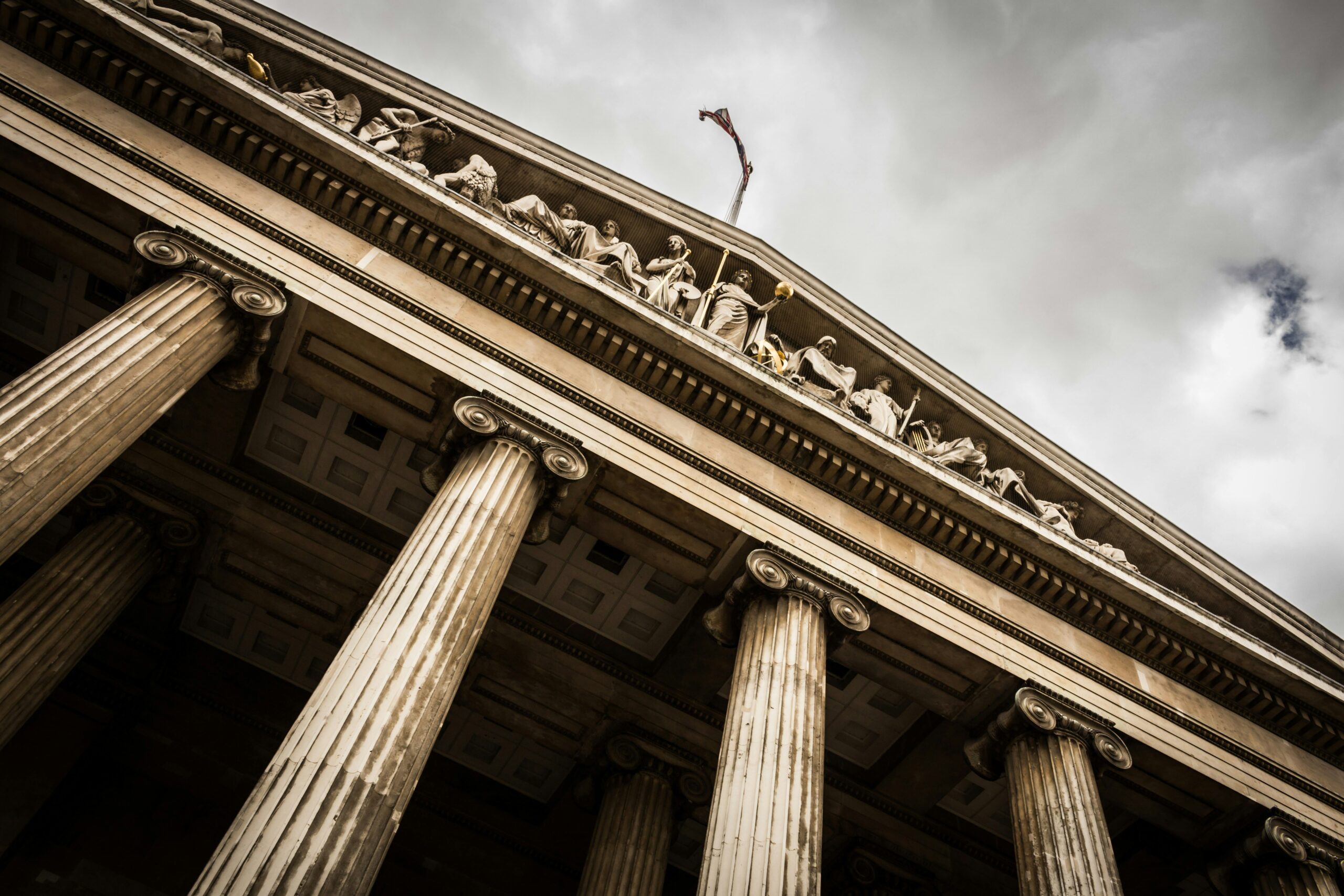
Federal Judge Rejects Unsealing Ghislaine Maxwell Case Records
In a significant legal decision on August 11, 2025, a U.S. Federal Judge, Paul A. Engelmayer, ruled against the Department of Justice’s (DOJ) request to unseal grand jury records related to Ghislaine Maxwell, an associate of the late Jeffrey Epstein. This ruling has implications for public access to information and the transparency of high-profile legal proceedings.
Background of the Request
The DOJ sought to release the transcripts from the grand jury that indicted Ghislaine Maxwell, hoping to quell the growing public unrest linked to the case. Maxwell, a central figure linked to Epstein, was convicted in 2021 for her role in facilitating Epstein’s sexual abuse of teenage girls. She is currently serving a 20-year prison sentence. The request to unseal the records was part of an effort to increase transparency and address public concern over the government’s handling of the Epstein case.
Judge’s Rationale
Judge Engelmayer’s decision was grounded in the principle that grand jury proceedings are typically confidential to protect the integrity of the process and the privacy of individuals involved. He stated that the government’s argument did not present extraordinary circumstances that would warrant the release of these sensitive documents. Engelmayer emphasized that the release would not provide new insights into the crimes or the investigation, labeling the government’s premise as ‘demonstrably false.’
Public and Political Reactions
The decision has sparked reactions from various quarters, particularly from those who followed the high-profile cases of Epstein and Maxwell closely. Critics argue that withholding these documents keeps the public in the dark about the full extent of Epstein’s network and the government’s actions. Supporters of the decision cite the importance of maintaining the confidentiality of the grand jury process to protect the rights of all parties involved.
Impact of the Decision
This ruling may set a precedent for how similar cases are handled in the future, particularly those involving high-profile figures and sensitive information. It underscores the ongoing tension between public interest in transparency and the legal protections that govern judicial proceedings.
The denial to unseal the Maxwell grand jury records continues to leave questions unanswered for those seeking a deeper understanding of the Epstein saga and its connections to various public figures.
Conclusion
The refusal to unseal the grand jury records in the Ghislaine Maxwell case highlights the complexities of legal ethics, public interest, and the rights of individuals involved in judicial proceedings. As the public scrutinizes these decisions, the debate over transparency versus confidentiality remains prevalent, reflecting broader concerns about justice and accountability in high-profile cases.


